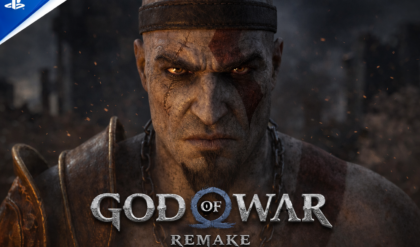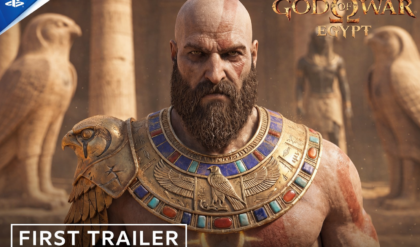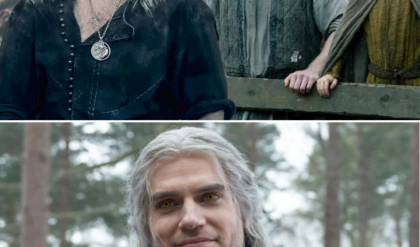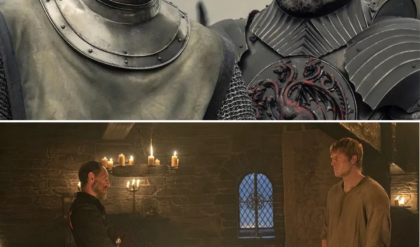Yasuke’s Controversial Role in Assassin’s Creed Shadows
Yasuke, the historical African samurai who served under Japanese warlord Oda Nobunaga in the 16th century, has been a recurring figure in video games for years, appearing in titles like Nioh and Samurai Warriors without significant backlash. Yet, when Ubisoft introduced him as a co-protagonist in Assassin’s Creed Shadows, released on March 20, 2025, the decision sparked a firestorm of controversy, drawing criticism from fans, Japanese officials, and online commentators. The debate, fueled by accusations of historical inaccuracy, cultural disrespect, and “woke” agendas, has dominated discussions about the game, despite its commercial success with over 3 million players in its first week. Why has Yasuke’s inclusion in Shadows caused such an uproar when his prior gaming appearances went largely unchallenged? Let’s explore the reasons behind this unprecedented reaction and its implications.
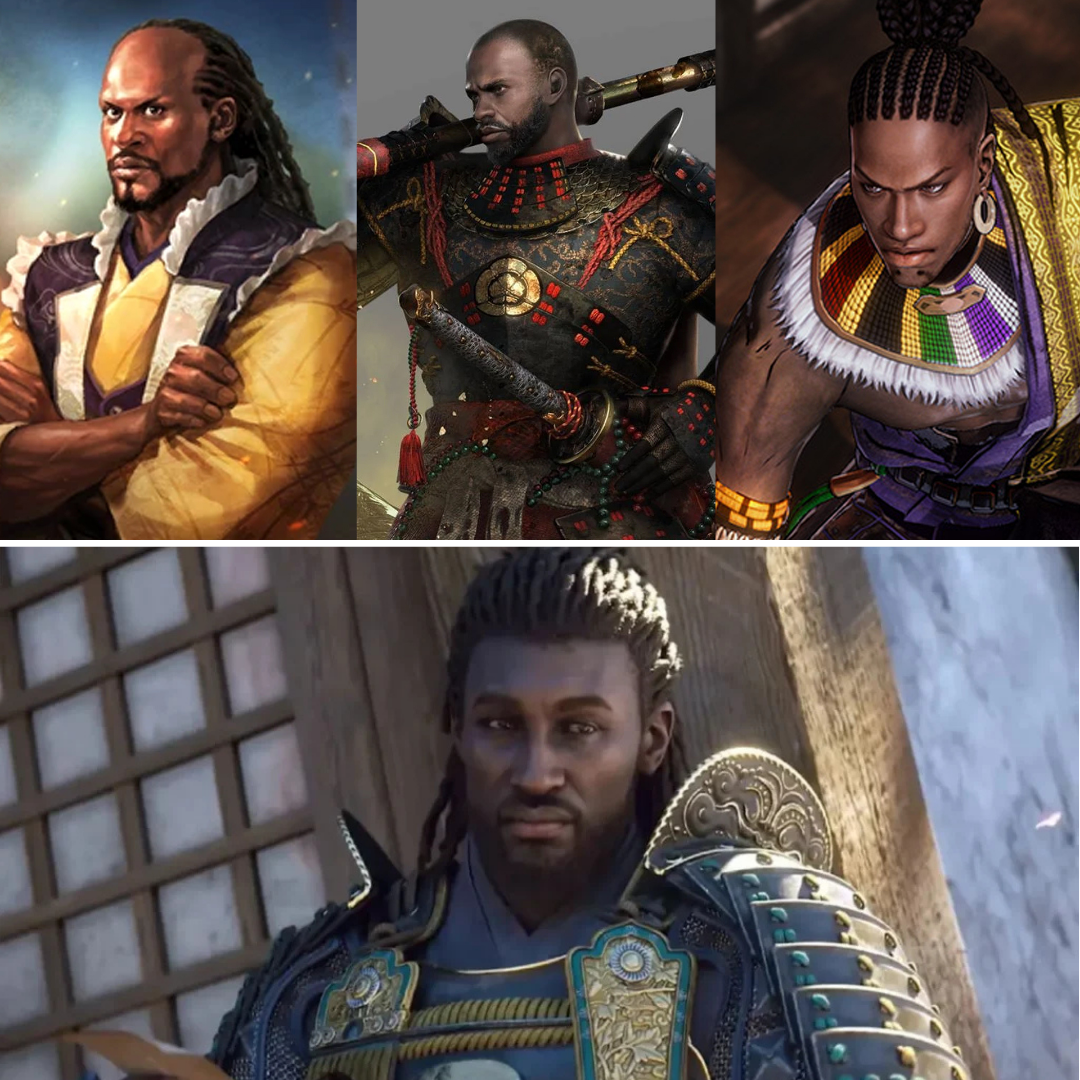
Yasuke’s Gaming History
Yasuke, believed to be a Mozambican man brought to Japan by Jesuit missionaries in 1579, is a rare historical figure whose brief but remarkable tenure under Nobunaga has inspired media portrayals. In gaming, he first gained prominence in Nioh (2017) and Nioh 2 (2020), where he was a supporting character and boss, depicted as a formidable samurai with minimal narrative focus. Koei Tecmo’s Samurai Warriors 5 (2021) featured Yasuke as a playable character, emphasizing his strength and loyalty to Nobunaga without significant controversy. Smaller titles, like Sengoku Basara, also included him as a warrior, blending historical and fictional elements typical of the genre. These portrayals, while not universally praised, avoided major backlash, with fans appreciating Yasuke’s unique place in feudal Japan’s history.
In contrast, Assassin’s Creed Shadows positions Yasuke as one of two protagonists alongside Naoe, a fictional female shinobi, in a sprawling open-world RPG set in feudal Japan. Unlike his supporting roles in previous games, Yasuke’s prominence as a Black samurai in Ubisoft’s blockbuster franchise, known for blending historical fiction with fantastical elements, has thrust him into a global spotlight, amplifying scrutiny.
The Roots of the Controversy
The controversy over Yasuke’s inclusion in Shadows stems from several interconnected factors, each amplified by the game’s high-profile release and the current cultural climate.
1. Historical Accuracy Debates
Critics argue that Yasuke’s portrayal as a samurai in Shadows exaggerates his historical role. While historian Thomas Lockley, cited in TIME, confirms Yasuke served Nobunaga and was likely armed, debate persists over whether he was formally a samurai or an honorary retainer. Japanese fans and commentators, including some on X, have claimed that Ubisoft’s depiction inflates Yasuke’s status, with @Grummz alleging he engages in “excessive non-honorable violence” like “crushing heads,” which they argue misrepresents samurai codes. This contrasts with Nioh and Samurai Warriors, where Yasuke’s role was less central, drawing less attention to historical fidelity.
Ubisoft has emphasized that Shadows is “historical fiction,” not a documentary, collaborating with historians to balance authenticity and creativity. However, specific inaccuracies, such as Chinese subtitles in promotional materials and architectural errors, prompted an apology to Japanese fans in July 2024, fueling perceptions of cultural insensitivity. Unlike previous games, Shadows’ AAA status and global reach made these missteps a lightning rod for criticism.
2. Cultural Representation Concerns
The choice to feature Yasuke, a foreigner, as a lead in a game set in Japan has sparked accusations of cultural erasure. Some Japanese players, as noted by Forbes, argue that a native Japanese warrior should have been the protagonist to reflect the setting’s heritage. This sentiment was echoed by Japanese Prime Minister Shigeru Ishiba on March 19, 2025, who expressed concern over gameplay footage showing Yasuke damaging Itatehyozu Shrine, a real Shinto site, calling it potentially disrespectful and prompting a day-one patch to make shrine objects indestructible. Such high-level political attention was absent in earlier Yasuke portrayals, which were developed by Japanese studios like Koei Tecmo and targeted domestic audiences less sensitive to foreign interpretations.
In contrast, Nioh’s protagonist, William Adams, a white Irish samurai, faced minimal backlash, possibly due to its fictionalized narrative and less global scrutiny, as noted by X user @juanmawl. The Assassin’s Creed franchise’s history of centering non-native protagonists, like Ezio in Italy, didn’t provoke similar outrage, suggesting that Yasuke’s race and the current political climate heightened the reaction.
3. “Woke” Backlash and Culture Wars
The most vocal criticism has come from anti-“woke” commentators who accuse Ubisoft of prioritizing diversity over authenticity. Yasuke’s inclusion, alongside Naoe and same-sex romance options, has been labeled a “forceful” push for inclusivity, with X posts like @Grummz claiming the game panders to progressive ideals. This echoes broader gaming controversies, such as Grand Theft Auto VI’s backlash over its female protagonist, reflecting a segment of gamers’ resistance to diverse representation. The controversy was amplified by Trump’s 2025 inauguration and U.S. cultural divides, with Reuters noting that North America, which accounts for 53% of Ubisoft’s bookings, is sensitive to “woke” critiques.
Earlier Yasuke appearances avoided this scrutiny, as Nioh and Samurai Warriors were released before the current wave of culture wars intensified. Forbes argues that the backlash is “beyond manufactured,” pointing out that Shadows’ historical liberties, like Yasuke’s romance with Ibuki, are consistent with the series’ fantastical elements, such as fist-fighting the Pope in Assassin’s Creed II. Yet, the global reach of Shadows and social media’s amplification made Yasuke a focal point for outrage.
4. Gameplay and Design Choices
Yasuke’s gameplay mechanics have also fueled debate. Unlike Naoe, a stealth-focused shinobi with classic Assassin’s Creed parkour and Eagle Vision, Yasuke is a “stealth tank” who prioritizes brute combat, lacking traditional assassin skills. Creative director Jonathan Dumont told GamesRadar that Yasuke was a late addition to complement Naoe, creating a dual-protagonist dynamic that some fans, per Forbes, find unbalanced, as Yasuke’s limited stealth restricts access to certain missions. This contrasts with Nioh’s Yasuke, who was a boss, not a playable lead, avoiding such design critiques.
X users like @elyelgow criticized Ubisoft for downplaying Yasuke’s samurai status under pressure, reducing his visibility in marketing to appease critics, which may have intensified the backlash. The narrative split, while praised by IGN for its “fascinating” contrast, has been divisive, unlike the straightforward portrayals in earlier games.
5. Social Media and Harassment
The controversy has been supercharged by social media, particularly X, where misinformation and harassment have thrived. In May 2024, Yasuke’s Wikipedia page was edited over 50 times in a day to dispute his samurai status, reflecting organized efforts to challenge his portrayal. Sachi Schmidt-Hori, a Ubisoft researcher, faced targeted abuse for her work on Shadows, highlighting the personal toll on developers. X posts, such as @CultureCrave’s report on Ubisoft’s July 2024 apology, show the studio’s attempts to quell tensions, but inflammatory content, like @Grummz’s claims of Yasuke “beating Asians up,” has fueled hostility. Earlier games, released before X’s current influence, avoided this level of online vitriol.
Ubisoft’s Response and Game Performance
Ubisoft has defended Yasuke’s inclusion, with cinematic director Nibbelin telling GamesRadar that Shadows is “not a documentary” but a playful take on history, akin to Shogun. The studio’s day-one patch addressed shrine destruction concerns, and free updates, including new game+ and difficulty settings, reflect community feedback. Despite the controversy, Shadows has performed strongly, hitting 3 million players by March 27, 2025, and achieving the franchise’s second-highest day-one sales behind Valhalla. Its 64,825 peak Steam players surpassed Odyssey’s record, and an 81% positive Steam rating suggests broad appeal.
Why Now?
Several factors explain why Yasuke’s Shadows role sparked controversy unlike his earlier appearances. The Assassin’s Creed franchise’s global visibility, unlike Nioh’s niche appeal, invited intense scrutiny. The current U.S. political climate, with heightened “woke” debates post-Trump’s 2025 inauguration, amplified anti-diversity sentiments. Japan’s cultural sensitivities, voiced by figures like Ishiba, were less prominent in prior games developed by Japanese studios. Social media’s role, absent during Nioh’s 2017 release, has turned Yasuke into a culture war flashpoint. Finally, Shadows’ dual-protagonist design and Yasuke’s non-traditional assassin role have heightened gameplay critiques, unlike his straightforward warrior depictions elsewhere.
The Broader Impact
The Shadows controversy reflects gaming’s evolving landscape, where diversity and historical fiction face pushback in a polarized world. Den of Geek argues that “historical accuracy is overrated,” praising Shadows for its compelling narrative over strict fidelity. Yet, the harassment faced by developers like Schmidt-Hori and the political attention from Japan underscore the real-world stakes. Shadows’ success, with 40 million hours played, suggests that the backlash, while loud, hasn’t deterred players, mirroring GTA 6’s resilience against similar “woke” critiques.
Conclusion
Yasuke’s inclusion in Assassin’s Creed Shadows has sparked unprecedented controversy due to its timing, Ubisoft’s global platform, and the volatile cultural climate. Unlike his quieter roles in Nioh and Samurai Warriors, Yasuke’s prominence as a Black samurai in a high-profile RPG has drawn scrutiny over historical accuracy, cultural respect, and diversity. Social media and political figures have amplified the debate, but Ubisoft’s commitment to historical fiction and Shadows’ strong sales prove its appeal. As gaming navigates these tensions, Yasuke’s story—both historical and fictional—remains a powerful testament to the complexities of representation, challenging players to embrace a broader vision of history in the vibrant world of feudal Japan.
